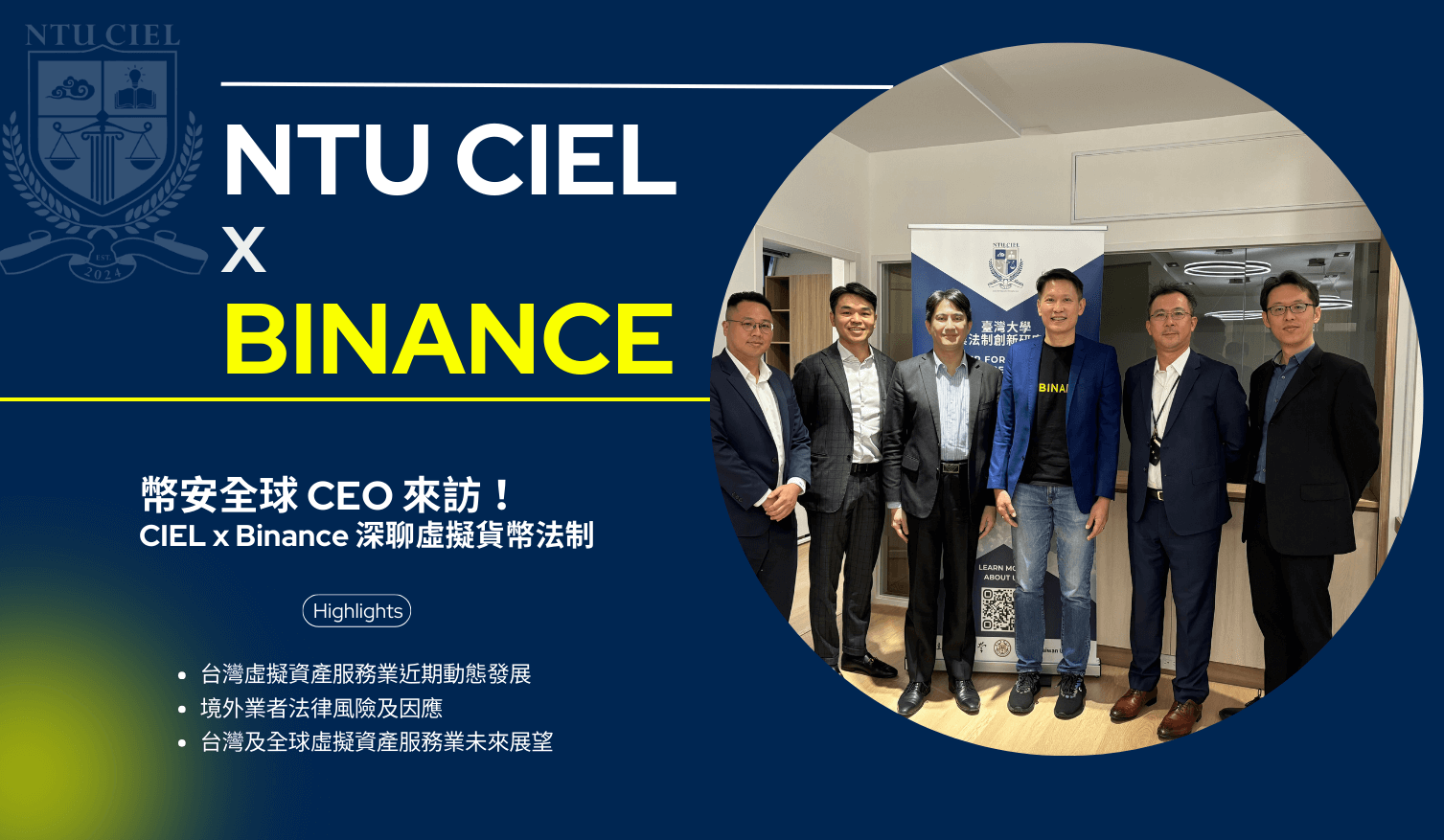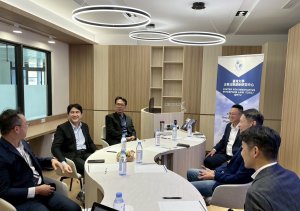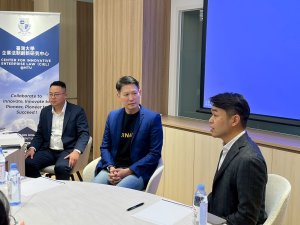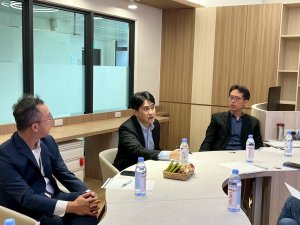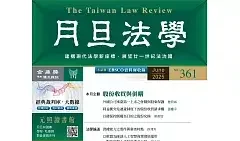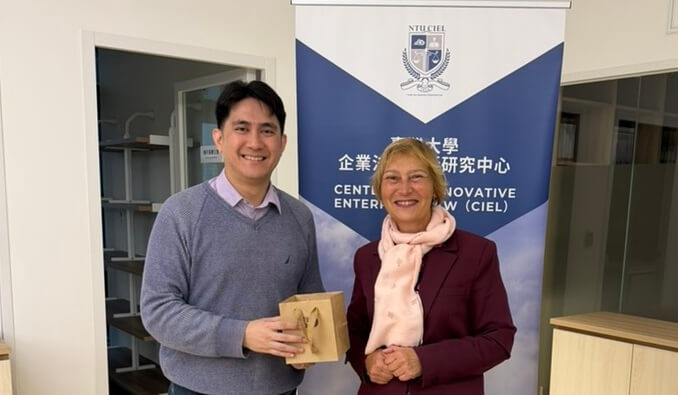
International Academic Exchange|Professor Catherine Malecki Visits CIEL to Discuss Sustainable Corporate Governance in Europe
On October 22, 2025, CIEL was honored to welcome Professor Catherine Malecki from Rennes 2 University, France, for an academic exchange with Professor Yueh-Ping Yang , Deputy Director of CIEL, on recent developments in sustainable corporate governance and market regulation in Europe. Professor Malecki also delivered a guest lecture in Deputy Director Professor Chao-Hung Chen’s class on Financial Law.
◆Progress of Sustainable Governance in Europe
As the world has become more concerned of sustainability issues, the EU’s framework for sustainable finance and corporate governance has become more comprehensive in recent years. Nevertheless, a balance must still be struck between complexity and enforceability, in order to provide companies with predictable and enforceable standards to follow.
◆The French Experience
Among the EU’s recent sustainability-related initiatives, including the widely discussed Corporate Sustainability Due Diligence Directive (CSDDD), their legal prototype originated largely in France. France has established detailed domestic legislation and self-regulatory standards to implement the relatively abstract EU directives and regulations in this field. The influence of France’s sustainability rules on EU’s sustainability laws is, therefore, a subject deserving greater attention in comparative legal studies.
◆Taiwan’s Perspective
In recent years, Taiwan has advanced a series of corporate sustainability frameworks, including the Sustainability Taxonomy and ESGInfoHub, drawing largely from the EU model. Moreover, as Taiwan plays a key role in the global supply chain, the EU’s sustainability regulations exert a profound impact on Taiwanese enterprises. Given France’s role as a driving force behind EU’s sustainability laws, continued dialogue and exchange with France’s experience is of great value to Taiwan.
CIEL will continue to deepen interdisciplinary dialogue on sustainable corporate governance, compliance, and financial supervision, laying a solid legal foundation for corporate sustainability transitions.












